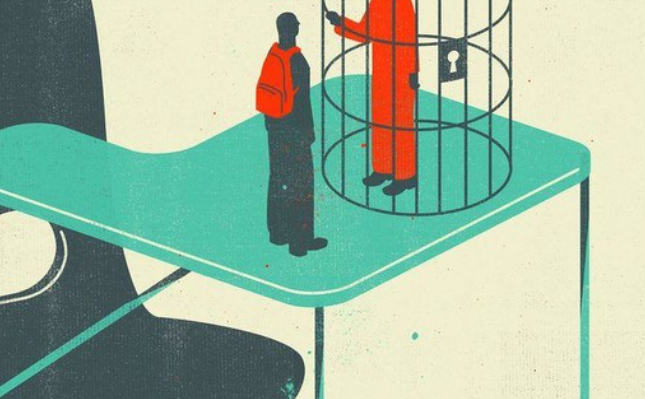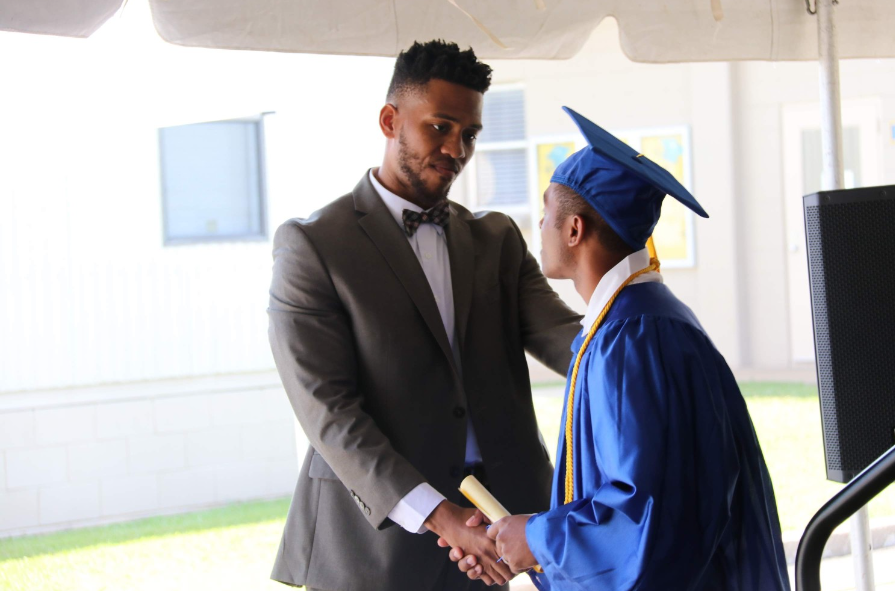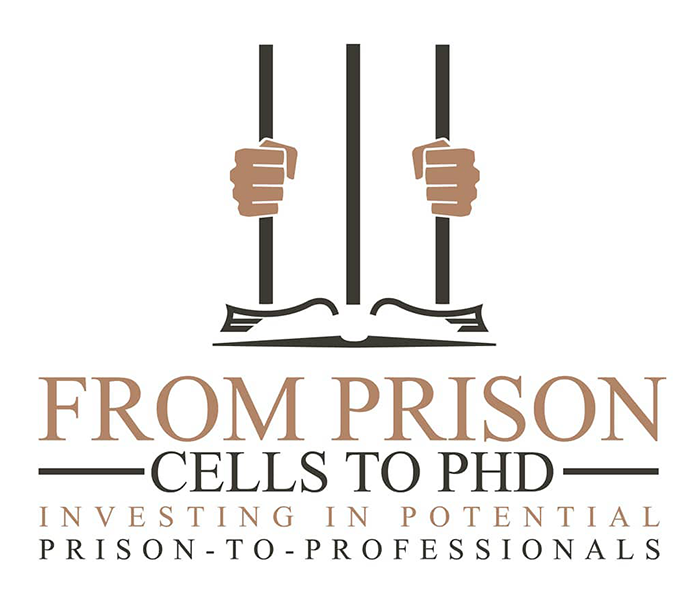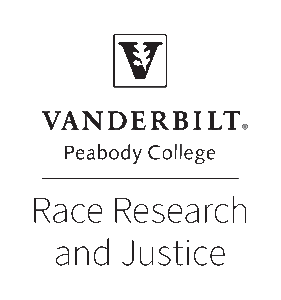My "Second Chance" Was Actually My First

Author: Terrell A. Blount, Formerly Incarcerated Leader devoted to improving the quality of life for others with lived experience | Keynote Speaker | Nonprofit Executive | Community Leader
This post was originally published on LinkedIn.
_____
I’m sitting at my desk in Durham, NC, where I lead the Formerly Incarcerated College Graduates Network (FICGN). On the wall behind me are the hard-won fruits of my life after incarceration: my bachelor’s and master’s degrees from Rutgers University. And through my office window, I can see our seasonal reminder of renewal and new growth in full bloom.
Yet over a decade ago, I was in a very different and darker place, sitting in Albert C. Wagner Youth Correctional Facility, serving a six-year sentence. Behind me was an obstacle course of structural and institutional barriers to achieving success in key areas of life–education being of them–and in front of me, there were few windows through which to glimpse a future that was different from the one I left behind.
Now that the Biden Administration-backed Second Chance Month has come to an end, I sit here and reflect on what resonates with me about the increasingly popular month (which acknowledges the organizations and practitioners supporting the successful re-entry of millions of people): We raise awareness of the collateral consequences of the prison system and also celebrate those lives that have been transformed, partially and sometimes largely due to the selfless but challenging work of nonprofit staff and volunteers across the country.
But I believe there’s something about the term “second chance”, that sends a message that is overly misleading. I share this perspective as someone who works tirelessly to increase and improve educational opportunities for people who, all too often, are getting their first chance in prison.
Whether our politics are progressive or conservative, most of us cling to the vision of America as a land of opportunity–where those who work hard and play by the rules can expect to prosper. Yet, as the weight of history and a torrent of statistics make clear, those chances are unequally distributed and far harder to access, especially if you are a person of color or struggling against poverty.
As I can attest, hardly ever is it due to lack of trying. My two sisters and I were raised by a single mom who was desperate to provide us with opportunities for success. In my early teens, she moved us from Newark, NJ, to a neighboring county in search of better schools and a safer environment. But to afford this quality of life increase meant she had to work longer hours and multiple jobs, with little time remaining to rigorously supervise me. And despite my being an outstanding student and having support from teachers who believed in and cared about me, the reality for me was that the faculty in my new, majority-white school, didn’t seem to care whether I succeeded or failed. I had trouble keeping up in middle and high school and transferred twice out of the school district, both graduation years, back to the urban school systems so I could pass the less-challenging curriculum and walk on time. The lack of support was glaring. I remember my white peers at our school raving about how great the guidance counselors were, helping them prepare for SATs and college. And I’m thinking, “Huh? I have the same guidance counselor, but when I go to see her, she never has time for me.”
While the college recruiters came for our white counterparts, the army and navy recruiters came for my friends and I. As kids, we didn’t know how to name it as institutional racism; we’d just joke about it and try not to care. As hard as we worked, and as much as we dreamed, we were denied access to the same chances. Without caring mentors to encourage my abilities as they had at my nearly all-Black school in Newark, I drifted off the tracks and into the streets.

Luckily, I found my chance that led me from prison to a promising future. I lobbied my way from the cleaning crew on my prison tier to become an assistant in the educational program. The non-incarcerated people who worked there saw my potential, took an interest in my development, and helped open doors for me. Once I reached the halfway house, it was the education director that assisted me in earning a spot to attend Rutgers University, where I went on to get my bachelor’s degree. And when I decided I wanted a master’s degree, a Rutgers University dean–a Black woman– gave me a chance to prove that I was up to the challenge, which I completed. People offered their support, saying they believed in me, and that I had a track record and could get things done. While I practice gratitude and wouldn’t change any of what I have experienced in life thus far, I just wonder what the outcome would’ve been had the younger version of me had the type of love and support I receive present day. What if I actually had a chance at success instead of being overlooked and given up on?
I want to help make that chance at college and great jobs—which is too often a first chance, not a second—available to the millions of people who are incarcerated and returning from incarceration, and my own experience has also elevated some of the components that are essential for the best outcomes:
Intention
Yes, my personal drive to succeed was important. But we need to supplant the “once a criminal, always a criminal” mindset based on punishment and retribution, with a systemic and societal emphasis on the human potential for transformation. One place to begin is with the language we use. For example, the new Hulu show UnPrisoned starring Kerry Washington and Delroy Lindo, focuses on a man coming home from prison after 20 years of incarceration and being reintegrated into his family and society. However, throughout the show, the man is constantly referred to and even refers to himself as an ex-con and an ex-felon, always identifying himself with his mistake, and not who he is as a person. It’s hard to change the criminal legal system and the system of incarceration if we aren’t first willing to change the way we talk to and about system-impacted people. By focusing on personhood first, rather than identifying people by what sent them to prison, we open the door to positive change, for the individual and for the larger community.
Imagine being referred to by the worst mistake you ever made for the rest of your life.
Attention
Mentors and support systems definitely matter. As a teen, the treatment I received from my school was somewhere between indifference and malign neglect, and I was unable to fairly access the resources that should have been available. Once I started to receive positive rather than negative attention from people encouraging me to make the most of my intellectual abilities, that shift in my influences and environment helped me to make the most of my first chance.
As with our youth, currently and formerly incarcerated people need the attention, support, and direction if we want to keep them on a path to success.
Expansion
Expanding our expectations of how formerly incarcerated people can rejoin our communities—and expanding our own vision of what we can accomplish—is central to unlocking the opportunities for growth. People of color in the penal system are too often prepared only for low-wage jobs in our warehouses and the fast food industry when so many of us are capable of taking the educational journey to be our teachers and business administrators, our scientists and artists. We need to work together as lawmakers, companies, practitioners, and people with lived experience to expand our imagination and challenge our beliefs about system-impacted people and what they are capable of achieving.
None of this is easy, but I and so many others are proof that, when given the right opportunities and resources, people can emerge from incarceration ready to take on a different role in our public life and be better prepared for a world in which most jobs will require a college education. So to employers, education providers, and advocates, if we agree that words matter, I challenge you to consider not only how a well-meaning term like “second chance” undermines the systemic challenges people in underserved communities face that inevitably resulted in their confinement, but also how it subsequently promotes a power dynamic of “Although you messed up, we’re willing to give you a second chance,” which is a false assertion in most cases.
Instead of counting whether it’s someone’s first, second, fourth, or fifth chance, let’s create a world where everyone has a fair and equitable chance at all times. That’s going to require compassion, empathy, forgiveness, and respect. Through that window, I see nothing but a bright future.
If you would like to move toward a more just society, you can take FICGN’s Person-first Pledge here.
_____
Please take 1 minute to fill out this survey about how this blog post may have influenced you or helped you learn new information. Your response will help STEM-OPS learn about our shared impact on messages about people impacted by incarceration and help us improve our approach to changing societal narratives.





